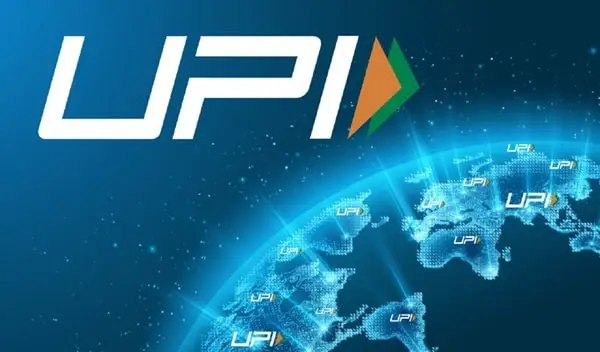The internationalisation of the Unified Payments Interface (UPI) marks a significant milestone in India’s financial ecosystem. As outlined by the Reserve Bank of India (RBI), UPI’s expansion beyond domestic borders aims to solidify its global footprint, leveraging its cost-effective, secure, and real-time transaction capabilities. This article delves into the nuances of UPI’s global integration, its impact on India’s economy, and the challenges it faces.
A Game Changer in Digital Payments
Since its inception in 2016, UPI has revolutionized India’s payment system. The platform processed over 10 billion transactions monthly in 2024, reflecting its widespread acceptance and user trust. The RBI’s initiative to internationalize UPI underscores its ambition to position India as a global leader in digital payments.

The Global Push for UPI
India has established UPI linkages with several nations, including Singapore (via PayNow) and the UAE. These connections enable seamless cross-border transactions, reducing dependency on traditional methods like SWIFT. The RBI aims to expand such arrangements further, targeting countries with significant Indian diasporas, such as the US, UK, and Australia.
Benefits of UPI Internationalisation
- Simplified Remittances: With over $87 billion in remittances annually, India is a global leader in receiving funds from abroad. UPI integration reduces costs and enhances convenience for NRIs sending money back home.
- Promoting the Indian Rupee: Enabling cross-border UPI payments in INR strengthens the rupee’s role in global transactions, reducing dependence on the dollar.
- Boosting Trade and Tourism: Simplified payment mechanisms benefit Indian exporters, SMEs, and international tourists who can transact without currency conversions or additional fees.
- Digital Inclusion: The expansion underscores India’s commitment to bringing digital payments to underserved regions, promoting financial inclusion globally.
Technological and Policy Challenges
While the benefits are substantial, the internationalisation of UPI is not without its hurdles:
- Regulatory Compliance: Different countries have unique financial regulations. Harmonizing UPI’s framework with global standards remains a challenge.
- Cybersecurity Concerns: Expanding a digital payment network globally increases vulnerabilities to cyberattacks and data breaches. Strengthening security measures is paramount.
- Interoperability Issues: Ensuring that UPI integrates seamlessly with diverse payment systems worldwide requires significant technological innovation and collaboration.
- Cost Considerations: While UPI transactions are largely free domestically, sustaining such a model internationally demands alternative revenue strategies.
Strategic Implications for India
- Enhancing Soft Power: By exporting its digital payment expertise, India can strengthen its global influence and foster economic partnerships.
- Supporting Financial Growth: Widespread adoption of UPI bolsters India’s ambitions to achieve $1 trillion in digital transactions annually.
- Encouraging Startups: UPI’s expansion creates new opportunities for Indian fintech startups to innovate and cater to global markets.
- Driving Global Financial Inclusion: UPI’s low-cost model could serve as a blueprint for countries seeking to implement affordable digital payment systems.
Future Roadmap
The RBI has outlined a multi-pronged strategy to accelerate UPI’s international adoption:
- Expanding Partnerships: Collaborations with additional countries and financial institutions remain a priority.
- Promoting INR-Based Transactions: Greater emphasis will be placed on establishing the Indian rupee as a viable international currency.
- Technological Upgrades: Investments in AI, machine learning, and blockchain will enhance the system’s efficiency and security.
Conclusion
The internationalisation of UPI signifies India’s growing prominence in the global digital economy. While challenges persist, the benefits far outweigh the risks, positioning UPI as a transformative tool for cross-border payments. As India continues to innovate and expand its digital infrastructure, UPI’s journey from a domestic phenomenon to a global standard showcases the country’s technological and economic prowess.